IT WAS LOVE AT FIRST SIGHT
Marlu Balmaceda
January 2011
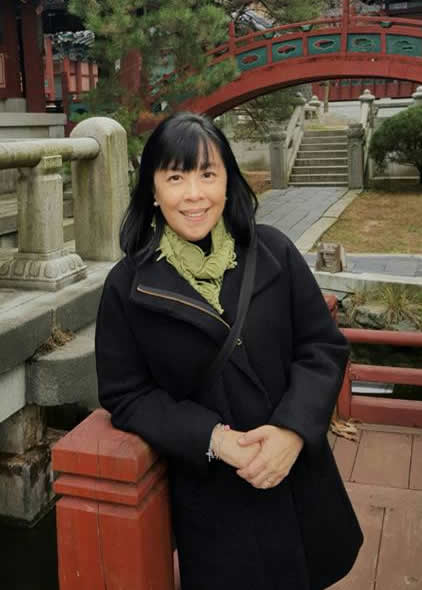
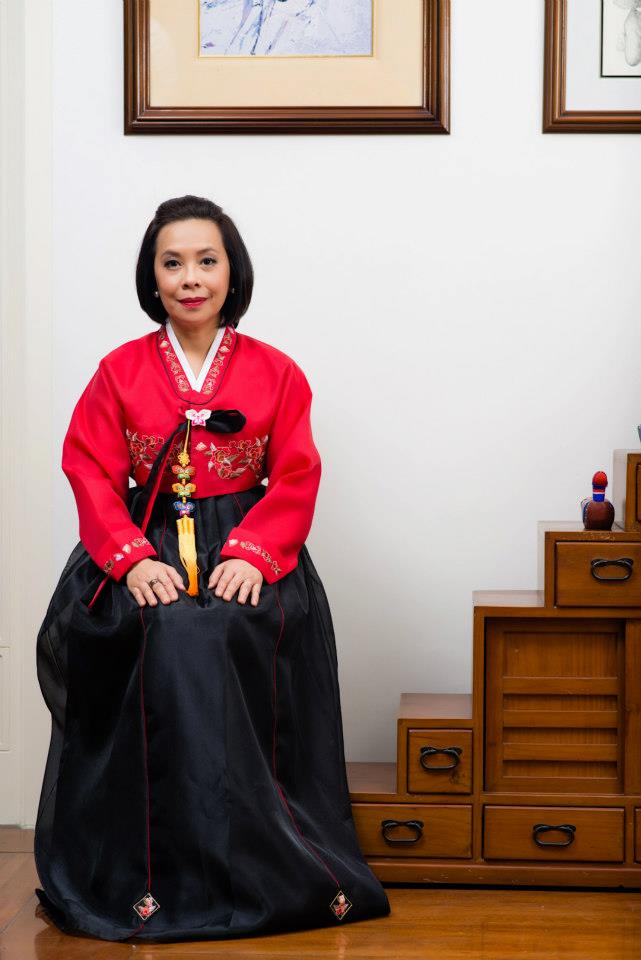
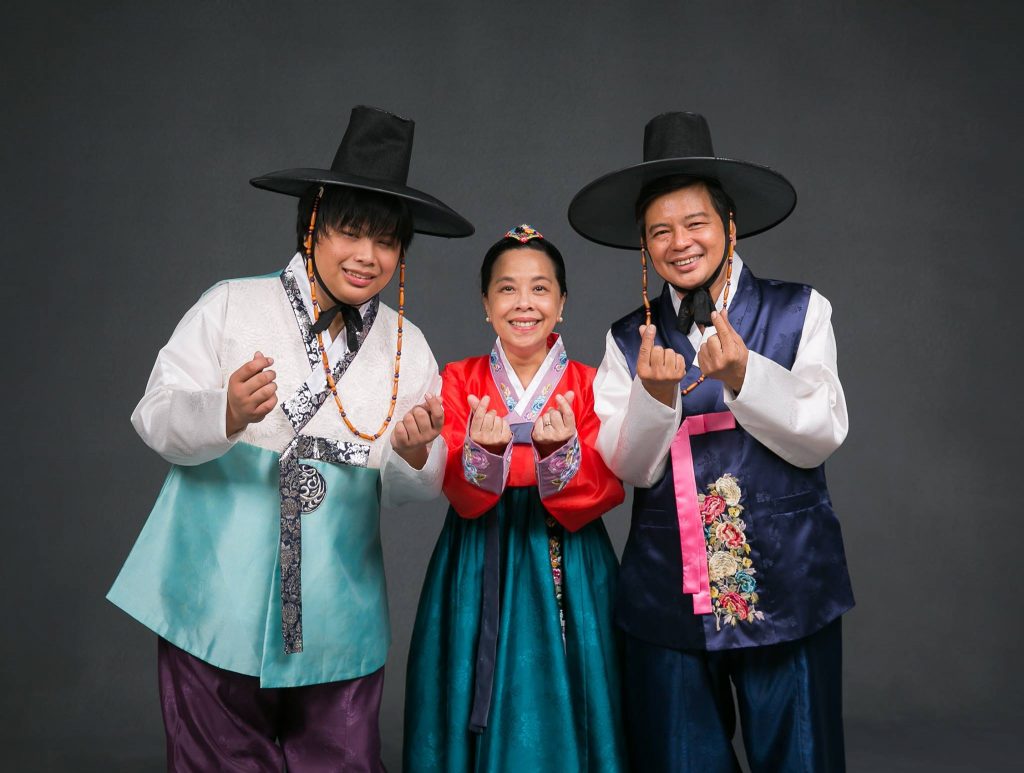
When the global pandemic turned the world upside down in early 2020 and the country found itself in the longest lockdown on record, all of us were homebound and had to find ways to manage the situation. Many continued to work from home; others found new skills in bread baking, painting, or growing plants. And then, thanks to Netflix, a seeming multitude of viewers developed an addiction to Korean drama.
I wasn’t one of them because my obsession with K-Drama started more than 10 years ago. Back then we watched K-Drama either on DVDs or badly streamed versions on the Internet. The more patient ones would religiously follow a series on KBS. We would have DVD suppliers who would alert us of the latest bootleg dramas, we would rush to get them and spend all-nighters to finish the series in one go. I would show up at work with what we called “panda eyes.”
Because of K-Drama, I bonded with a small group and called ourselves the Seoul Sisters. Since 2011, we would go to Korea almost yearly with carefully planned itineraries to cover filming locations of our favorite dramas. All in all, I’ve visited Seoul 9 times over the past decade and, you can bet that as soon as travel becomes safer, we will be bound for the Land of Oppas.
I share with you an essay that I wrote 10 years ago as a way of processing my fondness for K-Drama. My observation is that the plots, production and performance by actors have changed drastically, perhaps because they now cater to a global audience. Nonetheless, I think that my basic reasons for being a fan remain more or less the same. Read on!
It Was Love at First Sight
Just three years ago, I had no use for television. I could go for months without turning it on. I relied solely on the Internet for news – which was the only value I saw in television. I was so not into TV watching that I would be clueless when people would crack jokes about or mimic TV commercials. This also meant that I usually went to bed quite early; I’d be asleep by 9:30 p.m. (which would still be primetime on all TV networks!).
Then, I discovered the telenovela. At first, I would tune in to local primetime soaps that I found interesting. At work, I could now participate in the exchange of comments on the plot, acting, fashion and we would guess on how the storyline might develop. But late last year, I started to watch a Korean telenovela mainly out of curiosity since I was aware of its huge Asian following.
That was it! The bug bit me and I was hooked! I now spend my weekends immersed in the lives of Korean high school students, bakers and conniving mistresses. I can anticipate when KPop music will begin to awash a romantic (or tragic) scene. My eyes begin to water when those dashing young men start to cry unabashedly and their tears fall one drop at a time on their designer suits. By the way, I also want to slap them for being so dense and unaffectionate. I also want to knock some sense into most of the female protagonists whose naïve acting borders on stupidity. But why? Why do I continue to lose sleep over these telenovelas?
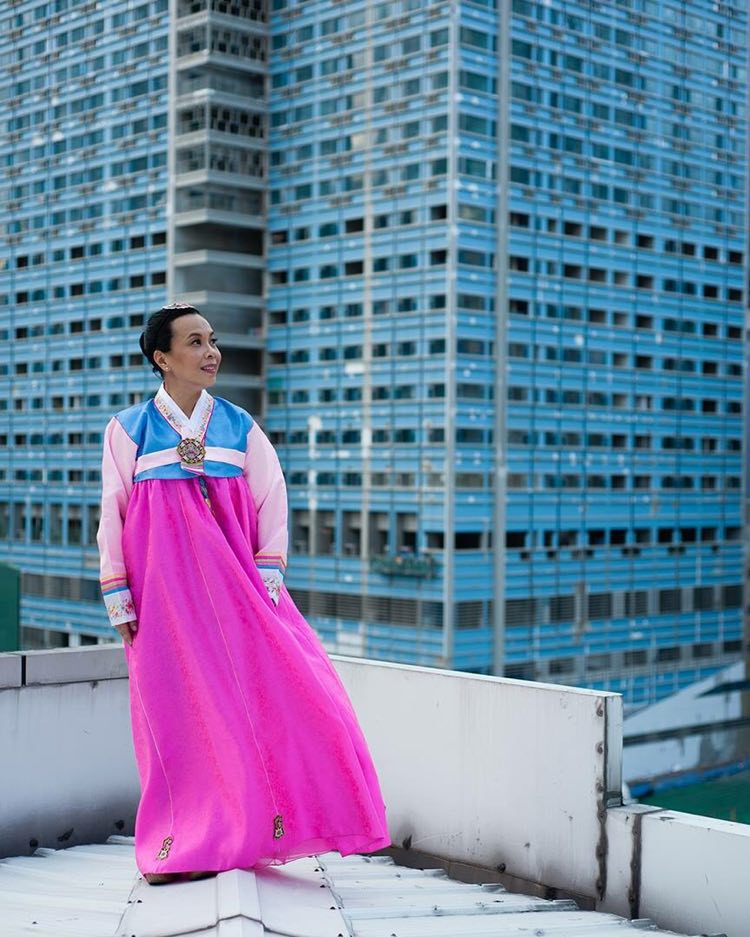
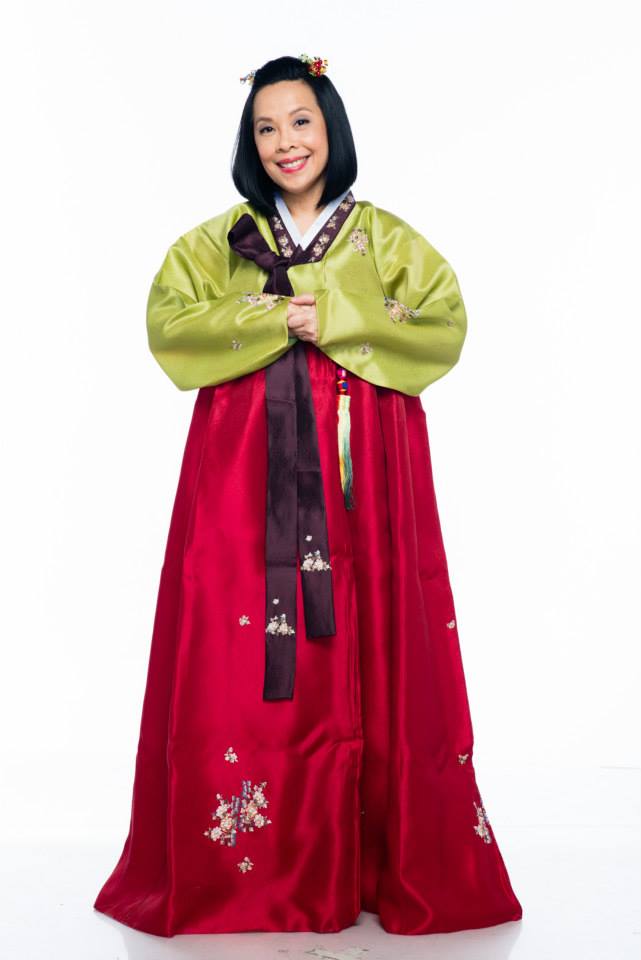
Here are my reasons why:
First, the shows are very well made. You can tell that the production budgets are probably equivalent to the GNP of some Third World economies! And they go through lengths with details and technical precision. However, while the lead characters are always gorgeous, I noticed that the “extras” almost always look like thugs.
Second, the storylines appeal to me. I call them “simple-complex” stories because they act out ordinary circumstances in life that are made complicated mainly due to people’s inability to communicate with each other. Therefore, it’s pretty much like our own lives and this resonates with real people who are poor at communicating their thoughts, desires and feelings (unless these appear as comments and posts on Facebook).
Third, there is hardly ever any sex. Philippine primetime soaps (true to being Pinoy) leave nothing to the imagination and I sometimes wonder how these shows can pass for general TV viewership. I mean, you’ve got women wearing almost nothing. In Korean telenovelas, kissing scenes are very tame and tender. They also come very late in the show (like in the 19th episode out of 20), which means that the kissing itself is insignificant to the storyline.
Fourth, there is hardly ever any violence. If at all, there are no visible weapons. Nobody dies from guns or knives. Sure there are fistfights that usually end up with a bloody nose or a bruised face. Oh, there can be some other damage too – the pretty male leads usually end up with their carefully coiffed hair all messed up!
Fifth, Korean performers seem to have perfected the art of restrained acting. They keep their emotions in check and yet can effectively articulate them with mere facial expressions and hand gestures. There is a lot of Jane Austen in these Korean telenovelas.
Sixth, the story never loses its essence whether it’s dubbed or subtitled. This is not the case with Spanish-language soaps which, when dubbed, end up comedic. Of course I crack up every so often when I read some ungrammatical English translation (Example: I told her to piss off. When they actually mean: I told her to leave.), but I do not get distracted by them.
Seventh, my investment of P50 (about US$1) for a DVD, transports me to fabulous locations, unimaginable worlds, and I get to gaze at some of the most beautiful human beings on this side of the world. The only downside is that my telenovela addiction has eaten up part of my Facebook time.
Eighth, the main recurring themes are of love, family, friendship, faith, honor, honesty, happiness and hope and that these are the necessary strengths for anyone to appreciate life. That pretty much sounds like real life; my life. My life is a telenovela.
And so, as my 27th birthday approaches (which I will celebrate with 50 candles on my cake), I have made another discovery – Korean telenovelas – and that life’s beauty transcends language, culture, age and time zones. And soon, I may be speaking in Korean.
Urin seoro cheonnune banhaesseoyo. It was love at first sight.

Love this, Marlu!!!
I remember for years before I even saw Episode 1 of CLOY, I’d see you in all your postings with your pinched hearts, and do you remember I even asked you about that?
So here we are — the next generation of Kdrama adiks!
I tell you — it kept me preoccupied in my covid recovery, my regimen was a-series-a-day!